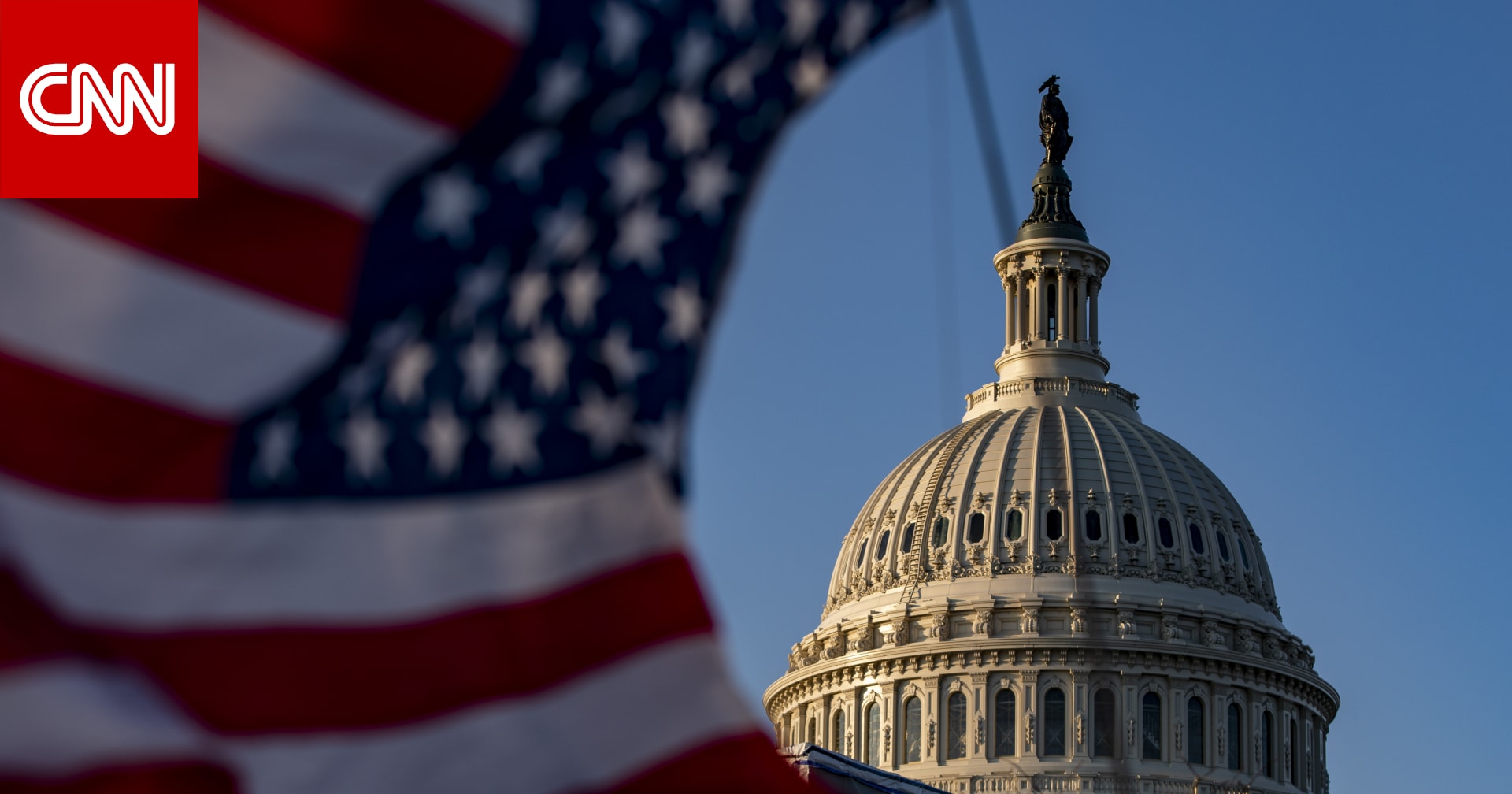| The national coordinator of PACs (right) recognizes that immunities complicate legal proceedings. |
Statutory immunities and privileges block prosecutions and law enforcement, a glaring fact in the fight against corruption, misappropriation of public funds and abuse of power.
A blocking factor. Once again, statutory immunities and privileges are blacklisted in the fight against corruption and related crimes. Once again, they are singled out as obstacles to legal proceedings and the application of the law.
This time, however, the obstacles represented by statutory immunities and privileges are denounced by the Anti-Corruption Poles (PAC). The subject was the salient point of the question and answer session following the presentation of the PAC activity report for the year 2023. The example given by the secondary prosecutor of the anti-corruption jurisdiction of Mahajanga is edifying.
Speaking about authorizations to prosecute, the magistrate deplores that, “since the creation of the Mahajanga PAC, in 2020, thirty-six requests for authorization to prosecute have been made. Despite the reminders, we only received responses to two of them.” This is the first time that PAC officials have spoken about it publicly, which could indicate that the subject has become a major obstacle in the smooth running of the judicial machine.
In the list of statutory immunities and privileges, the most famous is parliamentary immunity. It involves, in particular, prior authorization from the permanent office or from the parliamentarians meeting in plenary session of the Chamber concerned, as the case may be, before proceedings can be initiated against a parliamentarian. The only exception is flagrante delicto, according to the Constitution. It is very rare, however, to catch perpetrators of corruption or related crimes in the act.
Reflection
So far, no authorization to prosecute has been issued by Parliament. There are also senior political figures who enjoy the privilege of jurisdiction, namely, the heads of institutions and members of the government who are only liable to the High Court of Justice (HCJ), for acts classified as crimes or misdemeanors committed in the exercise of their functions.
Trades also enjoy statutory privileges which require authorization from their supervisory authority before any legal proceedings. For fear of a corporate revolt, the officials concerned are often hesitant to grant authorization for prosecution.
“We all know that when the issue of immunity comes into play, it is always difficult to prosecute. There are those who are not accountable to the PACs,” regrets Rivonandrianina Rabarijohn, coordinator of the PACs. In the report presented on Tuesday, however, it is indicated that “members of the executive and legislative power”, as well as senior state officials, are in pole position of those accused before the PACs. Most, however, enjoy immunity, jurisdictional or statutory privileges.
In addition to corruption, abuse of power, misappropriation of public funds and forgery and use of forgery are in the top 5 cases handled, acts involving holders of power and public authorities. Returning to the charge, the secondary prosecutor of the Mahajanga Anti-Corruption Center adds, maintaining that “the authorizations to prosecute are a blocking factor in the processing of cases”. She fears, moreover, that other entities which claim immunity require authorization to prosecute, which risks making the task of PACs even more complicated.
In 2022, a bill modifying a provision of the penal code was passed by the National Assembly. It provides that an order of prosecution emanating from a public prosecutor near a Court of Appeal, after advice from the minister responsible for decentralization, to be able to initiate criminal proceedings against a head of the Executive of a Territorial Authority decentralized (CTD). The same year, land and topography officials also claimed to enjoy this statutory privilege.
Land is, however, one of the sectors known to be breeding grounds for corruption and abuse. During the discussions following the presentation of the report on Tuesday, it was emphasized that the solution is to modify the legal provisions. Precisely, Senator Tahina Andrianandrasana, present at the event, recognizes “that reflection, that improvements are necessary”, on the subject.
A career magistrate, Senator Andrianandrasana served at the Antananarivo PAC before sitting in the Upper House. “If I am not mistaken, since the time of the Anti-Corruption Penal Chain (CPAC), prosecution authorizations have been a problem. They become blockages in the processing of files,” concedes the parliamentarian. The period is precisely conducive to reflection on how to remove obstacles to the effectiveness of the fight against corruption. The process of developing a new strategy to combat this scourge is underway. The objective being that immunities do not lead to impunity.












